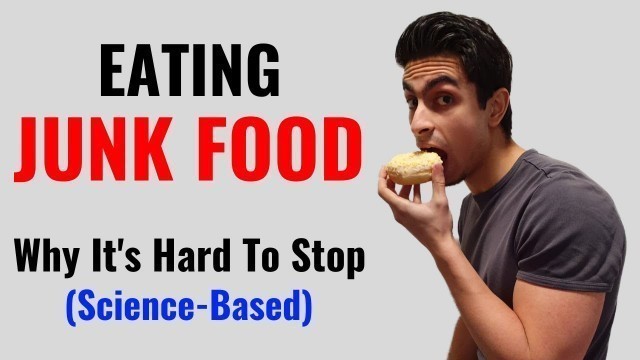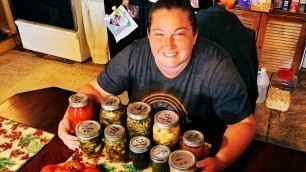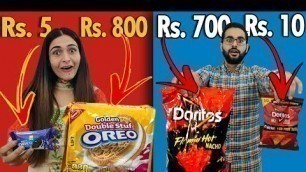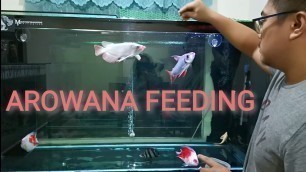

'Apply for 1-on-1 Online Coaching: https://www.iwannaburnfat.com/online-fitness-coaching ------------------------------------- Based on data from the USDA, we can see that the average daily calorie intake per person has increased from about 2050 to 2501 calories in a 40-year time-span. Although many variables influence your calorie intake, the increased availability of palatable and processed food is important to consider. As shown in a 2019 study, Consuming processed foods makes it easier to overconsume calories compared to eating whole foods. This is because processed foods are usually less filling per calorie consumed. But most of us already know that moderating junk food consumption and eating more whole foods is beneficial. Why is it still so hard to control junk food cravings when they come up. In this video, I will discuss the science behind junk-food. You will have a better understanding of why it’s sometimes hard to control junk food consumption and how to control junk food cravings when they come up. For simplicity’s sake, let’s define junk food as packaged foods high in calories and low in nutritional value. So think about foods like potato chips, chocolates, sugary beverages, and biscuits. These foods provide plenty of calories, but with little satiation and not many micronutrients. I am definitely not saying that junk food is always evil and should be avoided all the time. However, if you experience a lack of control when it comes to junk food eating, then we need to look into how you can change that. The availability and ease by which you can get junk foods have increased over the past decades. Food companies also invest a lot to market their snacks. But perhaps more important than the marketing, is the way most junk foods are engineered. There is a science behind making junk foods very tasty and hard-to-resist. In the video, I share 4 food science principles with you that many food manufacturers use to make their foods very tasty. This includes principles like the Emulsion Theory, Dynamic Contrast Theory, Experience, and Vanishing-Energy-Density Theory. To help you more effectively control your junk food cravings, I also share 3 coping mechanisms you can use. - Awareness - Environment Design - 10-Minute Rule Eventually, you want to be at a place where you could fit in snacks into your diet here and there without going overboard. Also known as flexible dieting. Because there is nothing wrong with having a slice of pizza or a piece of pie. It’s only when you cannot control the intake of these foods that they become problematic. ------------------------------------- REFERENCES: 40-Year Calorie-Intake Increase Report: https://www.ers.usda.gov/data-products/food-availability-per-capita-data-system/ Processed Foods vs Unprocessed Foods & Fat Loss: https://www.ncbi.nlm.nih.gov/pubmed/31105044 US Marketing Spending for Snacks: http://www.uconnruddcenter.org/files/Pdfs/SnackFACTS_2015_Fulldraft03.pdf Food Science Principles: Why Humans Like Junk Food - Steven Witherly ------------------------------------- MUSIC CREDIT Music by Ryan Little - Matter of Time YouTube: https://www.youtube.com/channel/UCNNW... Instagram: https://www.instagram.com/iamryanlittle/ Soundcloud: https://soundcloud.com/iamryanlittle'
Tags: Weight loss , fat loss , processed foods , how to eat healthy , flexible dieting , Junk Food , food science , junkfood , how to stop eating junk food , packaged foods , control junk food , control junk food cravings , how to control junk food cravings , junk food eating , processed foods vs unprocessed foods , lose fat eating junk food , food company secrets
See also:

















comments